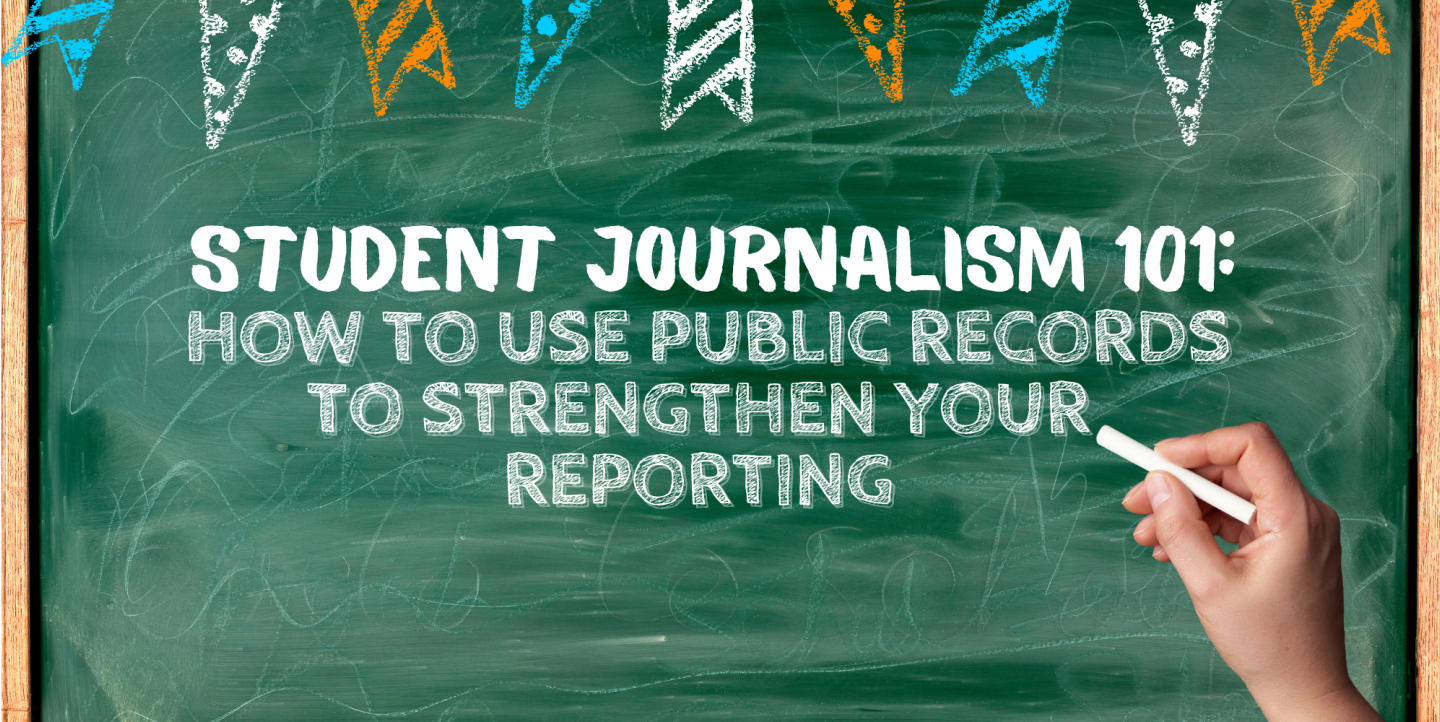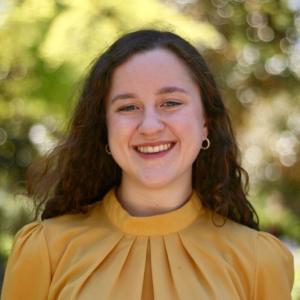In August, a news investigation revealed that former University of Florida (UF) President Ben Sasse more than tripled spending by his office during his 17 months at the helm. Sasse, who is also a former U.S. Senator from Nebraska, directed millions in university funds into secretive consulting contracts and high-paying positions for his former Senate staff and Republican Party officials, the report found.
The story made national news and prompted a government investigation into Sasse.
Perhaps surprisingly, it was student journalists — and not professional reporters working at a large, well-resourced newsroom — who broke this story. The students, writing for the independent student-run newspaper, The Independent Florida Alligator, used publicly available data and records to drive the investigation. Their reporting demonstrated how student journalists can drive impact on their university campuses and beyond.
For the second IJNotes episode of our series on student journalism, I spoke with David Cuillier, director of The Freedom of Information Project at UF’s Brechner Center for the Advancement of the First Amendment, about how students can use public records in their reporting to tell stories like the investigation conducted by the Independent Florida Alligator. Cuillier has served as president of the National Freedom of Information Coalition, is a member of the Federal FOIA Advisory Committee, and has testified before Congress on constitutional First Amendment civil rights. Over the past two decades, he has taught thousands of students and journalists how to acquire public records.
During our discussion, Cuillier detailed why public records are valuable for student journalists, and how students can use them to strengthen coverage of their campuses and communities.
“It’ll take [your reporting] to the next level,” Cuillier said about using public records. “It’ll go beyond just ‘he said, she said’ stories and relying on spin doctors to tell you what’s what, to actually saying what’s what. And that makes you a true journalist.”
Listen to the episode here:


